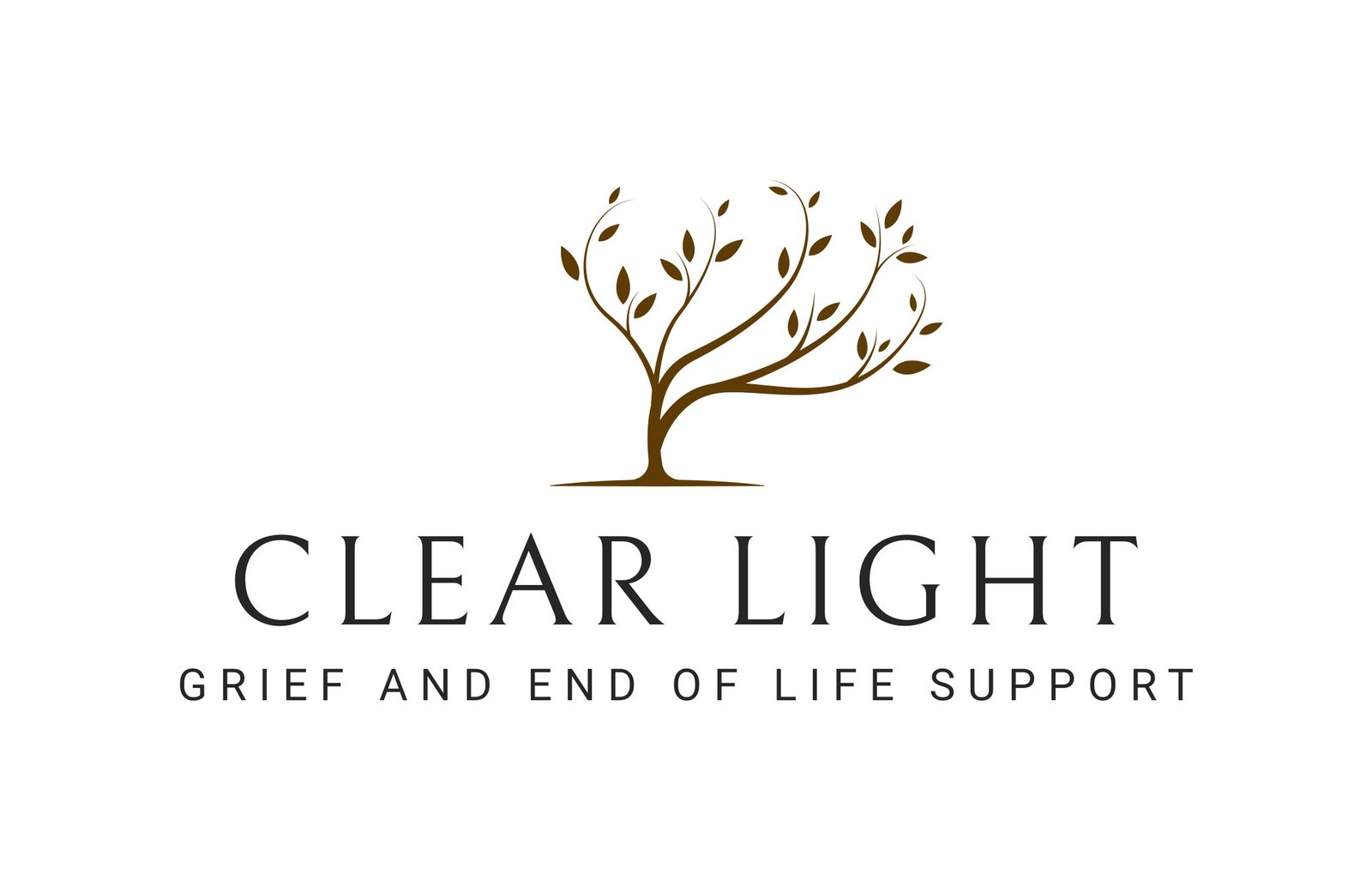A new clinical trial in Huntsville, Alabama, aims to treat post-traumatic stress disorder (PTSD) using a combination of blood tests and therapeutic approaches. This initiative, a collaboration between Kids to Love and iXpressGenes (iXG), is touted as the first of its kind, exclusively available in the Rocket City.
Lee Marshall, CEO of Kids to Love, expressed enthusiasm for the trial’s location, noting Huntsville’s history of innovation. “We are the first to a lot of things,” he remarked. The trial introduces a groundbreaking blood trauma panel marker, allowing researchers to monitor patients’ responses to therapy like never before.
John Schmitt, CEO of iXG, explained the rationale for incorporating bloodwork into the treatment process. He stated that blood contains vital markers that reflect brain activity in trauma patients, especially those enduring prolonged states of stress or anxiety. “In modern society, many individuals find themselves stuck in a chronic fight-or-flight response, especially after experiencing severe trauma,” Schmitt said.
According to Schmitt, this prolonged stress response leads to inflammation in the body, which, over time, contributes to cognitive issues often associated with PTSD, such as anxiety and depression. iXG has developed a blood test that measures inflammation levels, which Schmitt notes are pivotal in understanding trauma-related conditions.
“We have a simple biochemical blood test that assesses inflammation levels. This inflammation is the root cause of trauma-related diseases, including PTSD,” he stated. The results from these tests will enable scientists and therapists to create tailored treatment plans that meet individual patient needs.
The iXG Trauma Autoimmune Indicator™ (TAI) test utilizes advanced RNA biomarker technology to evaluate immune and neuro-inflammatory responses linked to PTSD. By analyzing RNA from blood samples, the TAI test identifies inflammation imbalances, offering a non-invasive method to assess PTSD risk. This early detection could allow for interventions before symptoms become severe, fundamentally changing how PTSD is diagnosed and treated.
“Therapists can use the biomarkers from the TAI test to gauge treatment effectiveness and customize therapy to improve outcomes for patients dealing with trauma,” explained Patrick Ary from Kids to Love.
Currently, the clinical trial is open to adults aged 18 and over. However, both organizations are optimistic about extending this innovative approach to younger populations in the future. Marshall highlighted the pressing need for such treatments, noting that children in foster care experience PTSD at rates double that of active-duty military personnel.
“Being able to change lives and help individuals break free from the shackles of trauma and mental health challenges is incredibly rewarding,” he said.
The program is scheduled to commence in June, marking a significant step forward in the treatment of PTSD in the Huntsville community.



